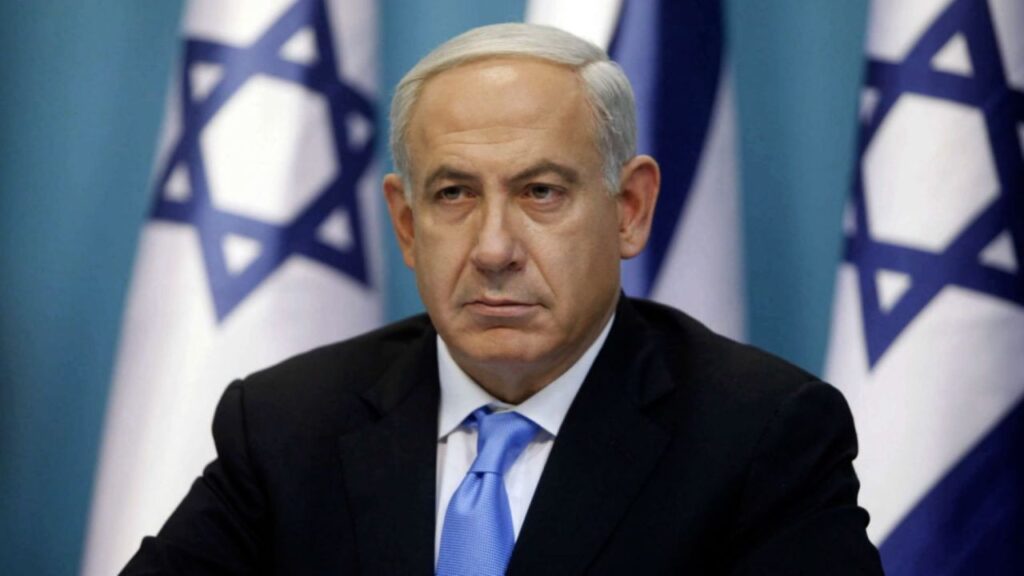Benjamin Netanyahu, Israel’s longest-serving prime minister, is one of the most polarizing and recognizable political figures in the world. But to friends, foes, and even international leaders, he’s rarely just “Benjamin” or “Netanyahu.” Instead, he’s almost universally known as “Bibi.” This nickname isn’t just a casual shorthand; it’s a deeply ingrained part of his identity, carrying personal, cultural, and even political weight. So, where did it come from, and why has it stuck so firmly? Let’s unpack the story behind the name.
The Origins: A Family Affair
Unlike many political nicknames, which are often media inventions or campaign slogans, “Bibi” didn’t start in the public eye. It began at home. Netanyahu was born in 1949 in Tel Aviv to a prominent family: his father, Benzion, was a historian and a key figure in Revisionist Zionism, while his mother, Tzila, was an educator. From childhood, his family called him “Bibi,” a common Hebrew diminutive for “Benjamin.” In Hebrew, nicknames often stem from the root of a name, like “Avi” for “Avraham” or “Dani” for “Daniel,” and “Bibi” follows that tradition, derived from “Ben” (meaning “son”) and the first syllable of his full name.
You Might Like: The Billion-Dollar Legacy of Fred Smith
But there’s another twist: some reports suggest the nickname wasn’t originally his. It was first used for a cousin, Benjamin “Bibi” Netanyahu, one of Israel’s first air force pilots. The name was later passed down to the future prime minister, almost like an inherited family heirloom. Growing up, the nickname stuck, even as he moved between Israel and the U.S., where he spent part of his adolescence in Philadelphia. By the time he returned to Israel to join the military, “Bibi” was already his default identity, far more personal than the formal “Benjamin” or the surname “Netanyahu.”
Israeli Prime Minister Benjamin Netanyahu delivering a speech in English, expressing gratitude to U.S. President Donald Trump for launching strikes on Iran’s nuclear sites. pic.twitter.com/lmC3EI2WGm
— MDN NEWS (@MDNnewss) June 22, 2025
The nickname also reflects something deeper about Israeli culture. Unlike in the U.S., where politicians often cultivate a sense of formality (think “President Biden” or “Senator McConnell”), Israeli leaders frequently operate on a first-name basis. Golda Meir was just “Golda,” Yitzhak Rabin was “Yitzhak,” and Netanyahu? He’s always been “Bibi.” This informality creates a sense of familiarity, even when the politics are anything but friendly.
From Family to Fame: How “Bibi” Became a Political Brand
What’s fascinating about “Bibi” is how seamlessly it transitioned from a childhood nickname to a global political brand. When Netanyahu entered politics in the 1980s, first as a diplomat and later as a Likud Party leader, the name wasn’t just a personal quirk; it became a strategic asset. In a country where relatability matters, “Bibi” made him seem more approachable than his formal title might suggest. Supporters could chant it at rallies; critics could spit it out in disdain. Either way, it stuck because it felt natural, almost inevitable.
The name also played into his image as a savvy communicator. Netanyahu’s fluency in English and his comfort in Western media made him a standout among Israeli politicians. When he appeared on CNN or gave interviews to American outlets, he wasn’t just “Prime Minister Netanyahu,” he was “Bibi,” the guy everyone felt like they knew. U.S. politicians, including Joe Biden, often referred to him by the nickname in speeches and debates, reinforcing the idea that he wasn’t just a foreign leader but a familiar figure, almost like a recurring character in global politics.
Also See: Can President Trump Declare War on Iran Without Congress?
Of course, the nickname hasn’t been without controversy. To some, “Bibi” feels too casual for a leader with such a contentious legacy, especially as his government has grown more hardline. Critics argue that the nickname softens his image, making him seem more affable than his policies might suggest. Others see it as a reflection of his durability; after all, how many world leaders are so universally known by a childhood moniker? Love him or hate him, “Bibi” is a name that transcends politics, it’s a persona, a brand, and a piece of Israeli history.
The Bottom Line: Why “Bibi” Endures
So, why do they call him “Bibi”? Because it’s who he’s always been. The name is a bridge between the personal and the political, the boy from Tel Aviv and the prime minister who shaped Israel’s modern era. It’s a reminder that even the most powerful leaders have roots, quirks, and identities that predate their fame. And in Netanyahu’s case, it’s proof that a nickname can outlast scandals, wars, and even international arrest warrants.
As of June 2025, Netanyahu remains a dominant and divisive figure, now leading Israel through another fraught chapter in its history. But no matter what happens next, one thing’s certain: the world will keep calling him “Bibi.” Because after nearly 50 years in the spotlight, the name isn’t just a label, it’s a legacy.
